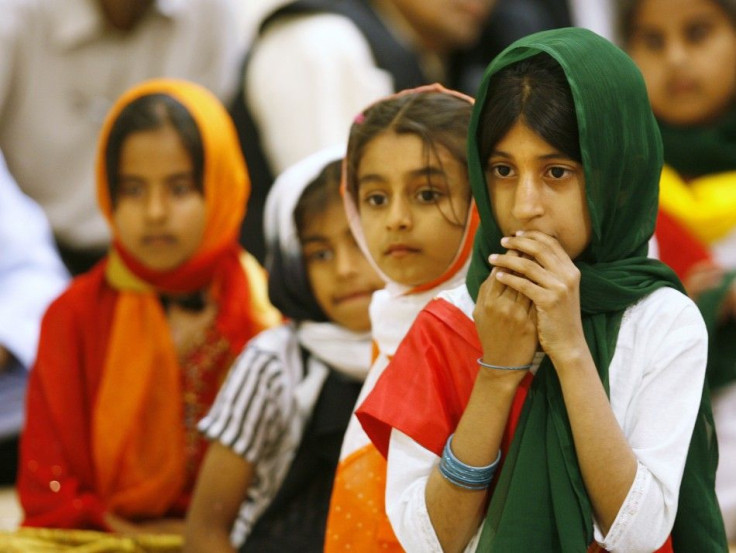Canada Bans Muslim Face Coverings During Citizenship Tests

Canada will no longer allow Muslim women to wear burqas, niqabs or any other types of veils that cover the face and body during their citizenship tests, according to the country’s immigration and citizenship minister.
Jason Kenney said that he had received requests for such a ban from judges who complained that the face-coverings made it difficult to guarantee the identities of those seeking to gain Canadian citizenship. Moreover, they said, the face veil also made it hard to ensure that the prospective citizens were actually reciting the oath of citizenship, as required under Canadian law.
They told me last month that it's a fairly common problem. Every week, in every region of the country, we're dealing with situations where applicants arrive with a veil on, Kenney told reporters.
Frankly, I found it bizarre that the rules allowed people to take the oath with a veil on.
Kenney added that the ban should be looked upon in a broader context.
It is a matter of deep principle that goes to the heart of our identity and our values of openness and equality, he noted.
Requiring that all candidates show their faces while reciting the oath allows judges and everyone present to share in the ceremony. The citizenship oath is a quintessentially public act. It is a public declaration that you are joining the Canadian family and it must be taken freely and openly.
According to reports, last year, the province of Quebec passed legislation that prohibited people from wearing of any veils while seeking or applying for any type of government service.
However, Reuters reported, the law will likely prompt legal challenges, based on religious freedom provisions in the constitution.
Canadian Islamic advocacy groups have already criticized the law.
“Once the identity of an individual taking the Oath of Citizenship has been established, that should be sufficient for the purposes of this ceremonial act. What Minister Kenney’s decision does is call into question the sincerity and good faith of some citizenship applicants and not others,” said Ihsaan Gardee, the acting executive director of The Canadian Council on American-Islamic Relations.
“If the concern is about the ability of the judge to either see the individual in question or hear them giving the Oath, then how does Mr. Kenney propose to deal with the issue of blind judges or, for that matter, those applicants with facial bandages or bushy beards? There are accommodations, including microphones that can easily be used to allay concerns regarding whether or not those taking their oaths are actually reciting them.”
Gardee added: “If implemented, this decision will have a damaging effect on our democracy because it forces those who wear the niqab to choose between their religious convictions and adopting Canadian citizenship. It is sadly ironic that at a time when the federal government is planning to launch its Office of Religious Freedoms, those very freedoms would be under attack here.”
Muslims account for about 3 percent of Canada’s population, according to Reuters.
The movement against Muslim veils has already gained steam in Europe, particularly in France, which has essentially banned any such face-coverings in public.
© Copyright IBTimes 2024. All rights reserved.





















